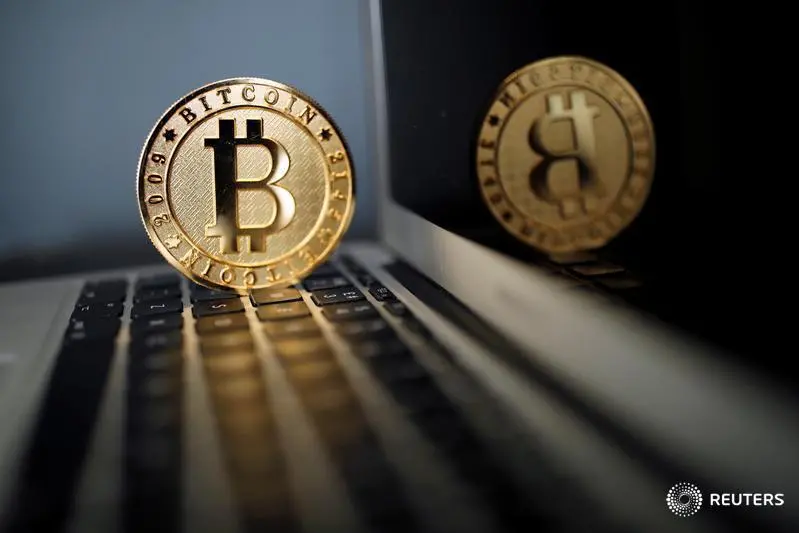PHOTO
The dollar held steady on Monday and cryptocurrencies jumped as investors weighed up what the attempted assassination of former U.S. President Donald Trump might mean for his chances in the 2024 elections and the possible impact on markets.
In the aftermath of the shooting, investors narrowed the odds of a Trump victory. Such an expectation has in the past strengthened the dollar as traders have calculated its would lead to looser fiscal policy and extra trade tariffs.
But gains for the currency in Asia-Pacific trading hours were short-lived, with the market also focused on the monetary policy outlook.
"There's still a lot of ground to be covered between now and November and a lot of uncertainty about what the Federal Reserve will do in the coming months," Jane Foley, senior FX strategist at Rabobank, said.
Markets are now fully pricing a quarter-point rate cut from the Fed in September after data last week showed
consumer prices
fell on a monthly basis for the first in four years in June.
"On one hand you have increased likelihood of the Fed cutting in September and on the other hand an increased chance of a Trump presidency which suggests the interest rate cycle could be quite limited," Rabobank's Foley added.
"You have these two opposing factors for the dollar in the near term."
The dollar index, which measure the currency against six major peers, was last up less than 0.1% on the day at 104.10.
The euro was little changed at $1.0910 after earlier hitting its highest level since March at $1.0921, while sterling dipped 0.1% to $1.2979.
Long-dated U.S. bond yields ticked higher on expectations that a Trump win would see policies that would drive up government debt and stoke inflation.
The benchmark 10-year Treasury yield was last up roughly 3.5 basis points at 4.2197%.
Elsewhere, crypto prices surged, with bitcoin last up roughly 4% at $62,601. Ether jumped nearly 5% to $3,338.
Trump has presented himself as a champion for cryptocurrency, although he has not offered specifics on his proposed crypto policy.
YEN WATCH
Elsewhere, the yen reversed some of its gains from late last week and last stood at 157.96 per dollar, though remained not too far from a roughly one-month high of 157.30 hit on Friday.
Tokyo was thought to have intervened in the market to prop up the battered Japanese currency last week in the wake of the cooler-than-expected U.S. inflation report, with Bank of Japan data suggesting that authorities may have spent up to 3.57 trillion yen ($22.4 billion) to do so on Thursday.
"We continue to think that a more substantial Yen appreciation will require a more significant negative US growth shock or a significantly more hawkish BoJ (Bank of Japan)," Goldman Sachs analysts said in a note.
China also grabbed investors' attention on Monday, as data showed the world's second-largest economy grew much slower than expected in the second quarter, weighed down by a protracted property downturn and as job insecurity squeezed domestic demand.
Separate figures released earlier in the day showed China's new home prices fell at the fastest pace in nine years in June, with the battered sector struggling to find a bottom despite government support measures to control oversupply and bolster confidence.
The Chinese yuan last inched 0.2% lower to 7.2616 per dollar in the onshore market.
"The second-quarter momentum weakening kind of implies that we'll need more support to get the economy to the 5% target for the whole year," Alvin Tan, head of Asia FX strategy at RBC Capital Markets, said.
China's once-in-five-year gathering of top officials, which usually ushers in policy changes, kicked off on Monday. The four-day plenum will be watched for measures to support the patchy recovery in the world's second-largest economy.
(Reporting by Rae Wee, Vidya Ranganathan and Suzanne McGee; Editing by Stephen Coates, Michael Perry and Andrew Heavens)





















